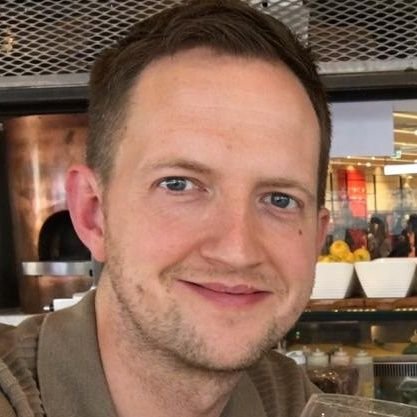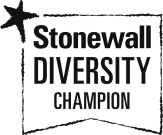Russell Reader, Director of Strategic Communications and Brand

Q. What is it like “coming out” as an LGBT person?
"Coming out" for the first time, for me aged seventeen, was terrifying until the seconds that the words left my mouth - and then electrifying immediately afterwards. The relief was incredible – I was suddenly open and truly myself for the first time in my life. To never have to pretend, lie, or avoid questions and situations again was liberating - and still is - after five years of terrible homophobic bullying at high school.
What I hadn't realised then was that, 20-odd years later, I'd still be coming out. In the past couple of years I've been asked questions such as "What is your wife's name?", "Does your wife wash her hair a lot?" (by a bathroom fitter advising on a new shower!) and "What time will your wife be home?" by a window salesman. People also often presume that my husband is my brother. We’ve checked into hotels together and been asked if we want a twin room, even though we’ve booked a double – so then we have to effectively come out to the stranger behind the desk and explain that yes, we do want to share a bed.
I’ve always corrected people making these assumptions – it's important to do this – but when I was younger I did so with my heart pounding and my face flushed red with embarrassment. Nowadays I correct people confidently and in a matter-of-fact way - though it is still tiring and a bit awkward (especially when you're coming out to a bathroom fitter in your en-suite...).
Q. Why do you think it’s important to have out and visible LGBT people in the University?
So that everybody feels able to be themselves, without anxiety or awkwardness. I am a confident person and I am proud to be gay. Other people aren’t so forthright, and for them the idea of correcting people who presume that they are straight (literally having to say to a stranger “actually I am gay”) will cause huge amounts of anxiety – and, for some, will stop them from ever truly being themselves, exacerbating their fears and meaning that they will continue living a lie, either just at work or in every aspect of their lives. That will make them miserable. The more people who are out and visible, who challenge preconceptions and presumptions, the more comfortable the world will be for people who are LGBTI.
Q. What can we all do to make Keele a better place for LGBT staff and students?
When you’re chatting to somebody, don’t automatically presume that they are straight.




